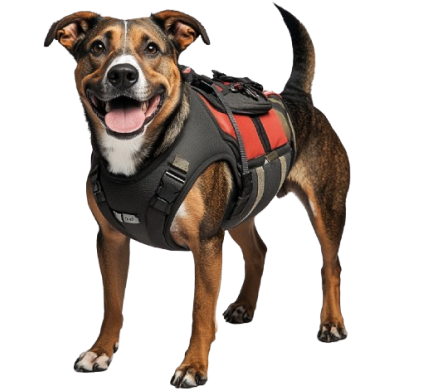Apologies, but no results were found. Perhaps searching will help find a related post.
Health Conditions That Qualify For a Service Dog
Discover how service dogs assist with various disabilities including mobility, autism, PTSD and other mental health disorders. Learn about specific tasks and training for different health needs.

Most Popular Disabilities Articles
Disabilities that Qualify You for a Service Dog
To get a service dog, you must have an eligible physical, emotional, or mental health disability. The term “disability” has a specific meaning under the... Read more
Service Dogs for PTSD
Service dogs for mental health, known as psychiatric service dogs (PSD), can help certain people with post-traumatic stress disorder (PTSD). A PTSD service dog can... Read more
How to Get a Service Dog for Anxiety
Anxiety is the most common mental health condition in the U.S., with approximately 40 million adults experiencing the disorder. In cases where a person with... Read more
Can You Get a Service Dog for a Heart Condition?
Quite a few of us have had a dog steal our hearts, but did you know they can also save it? Dogs provide companionship and... Read more
Hearing Dogs for the Deaf
Canines are very smart, even though their goofy grins and tail-wagging may distract from their intelligence. Service dogs, in particular, show their intelligence by performing... Read more




